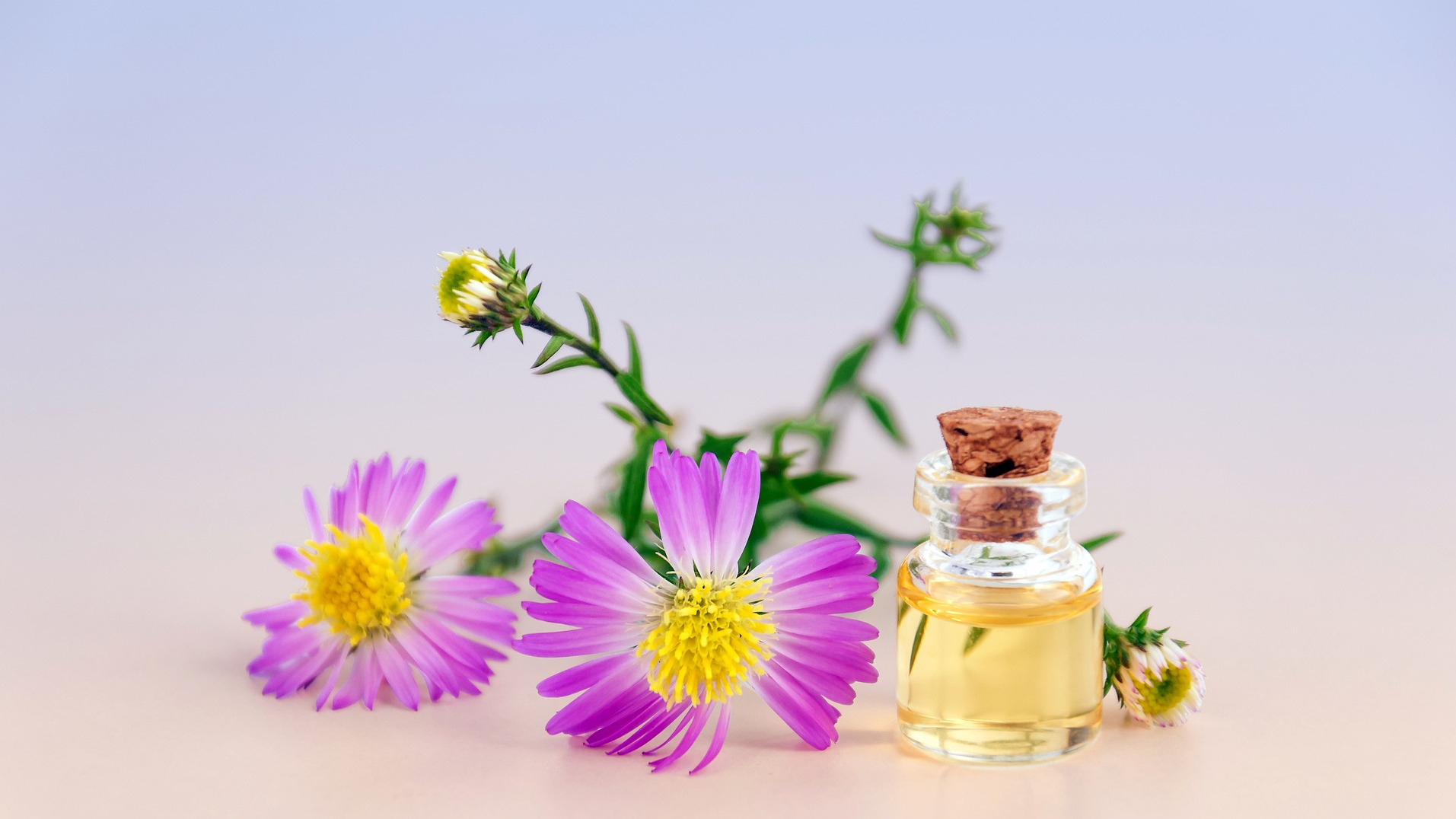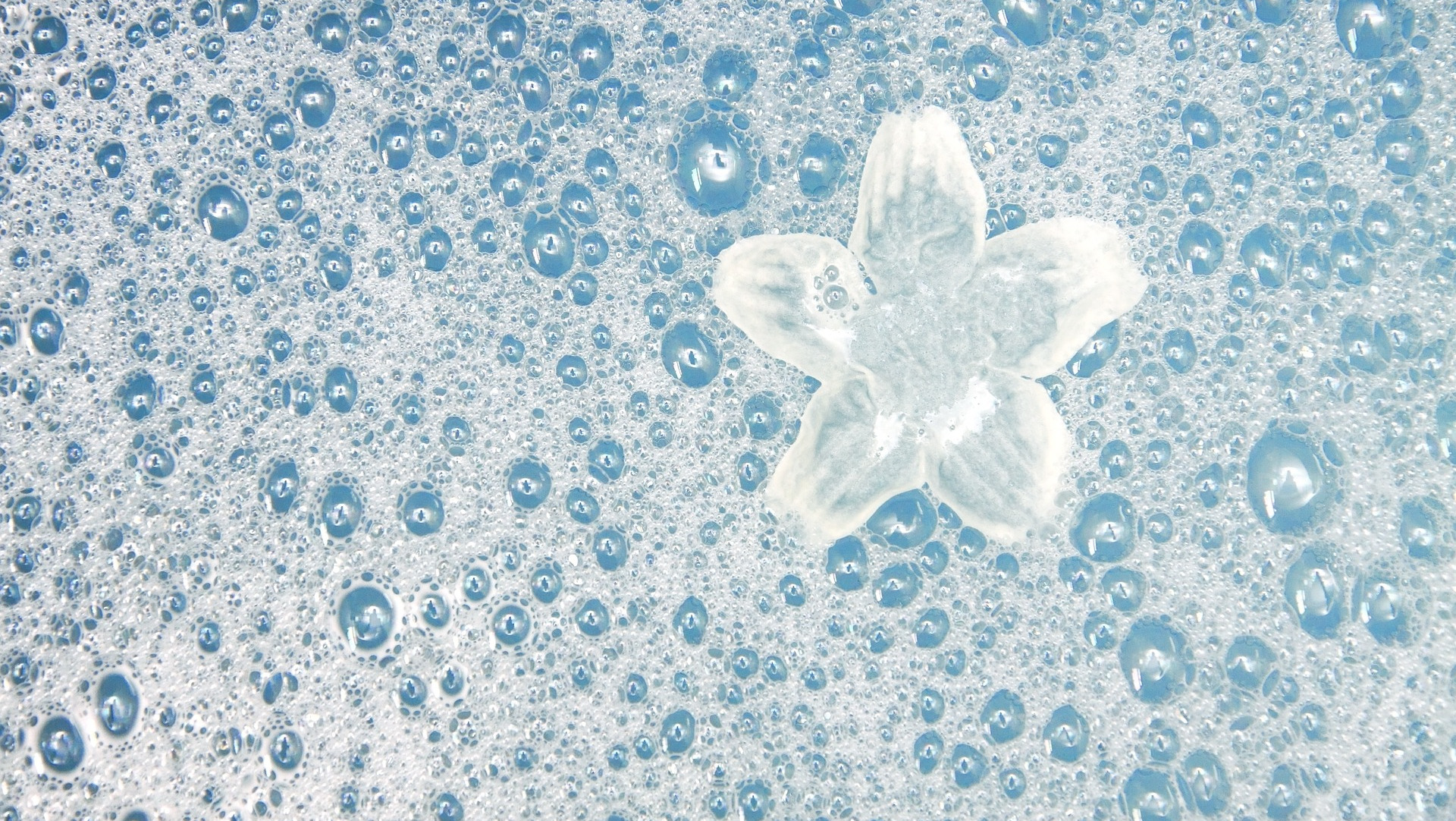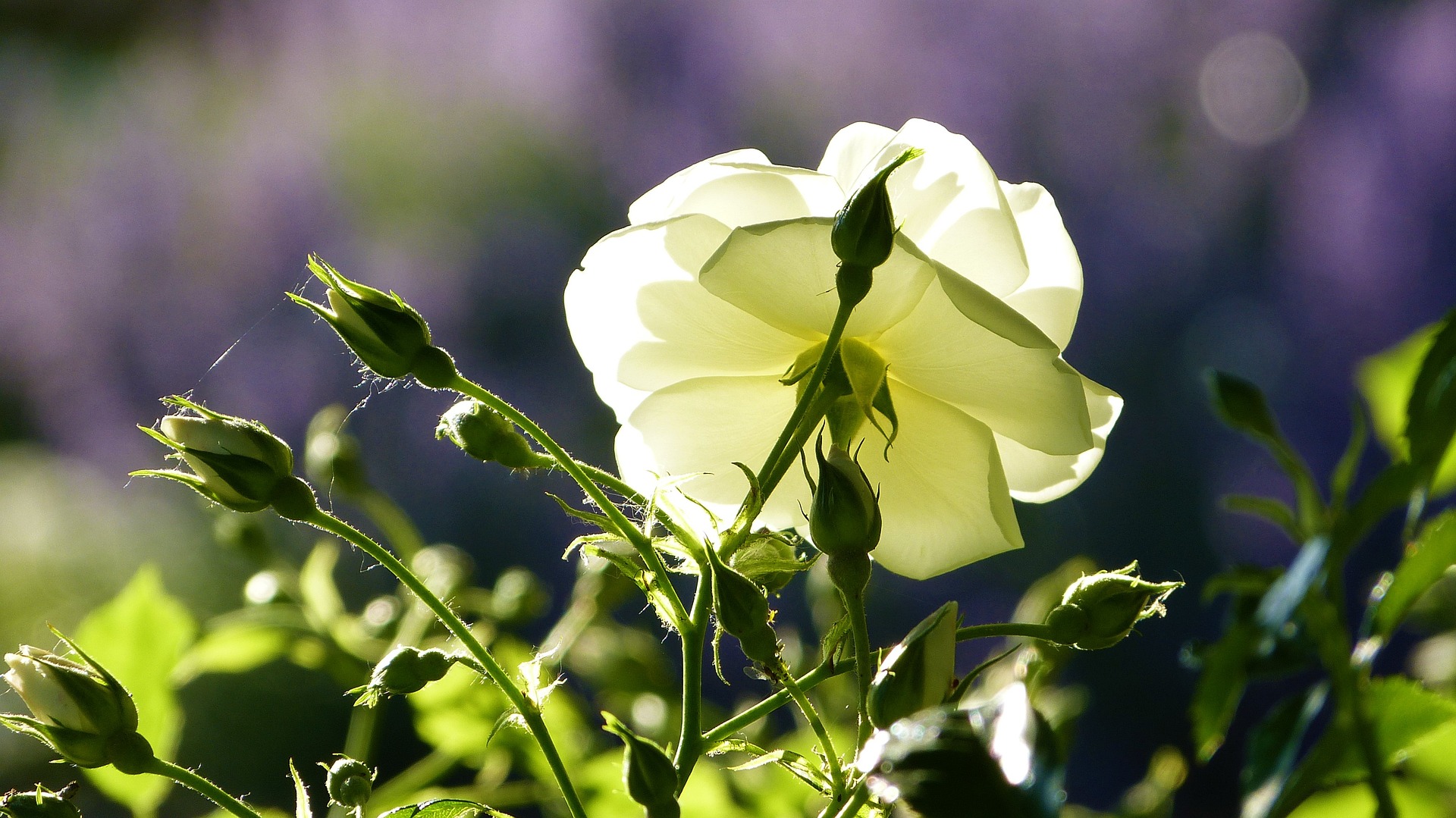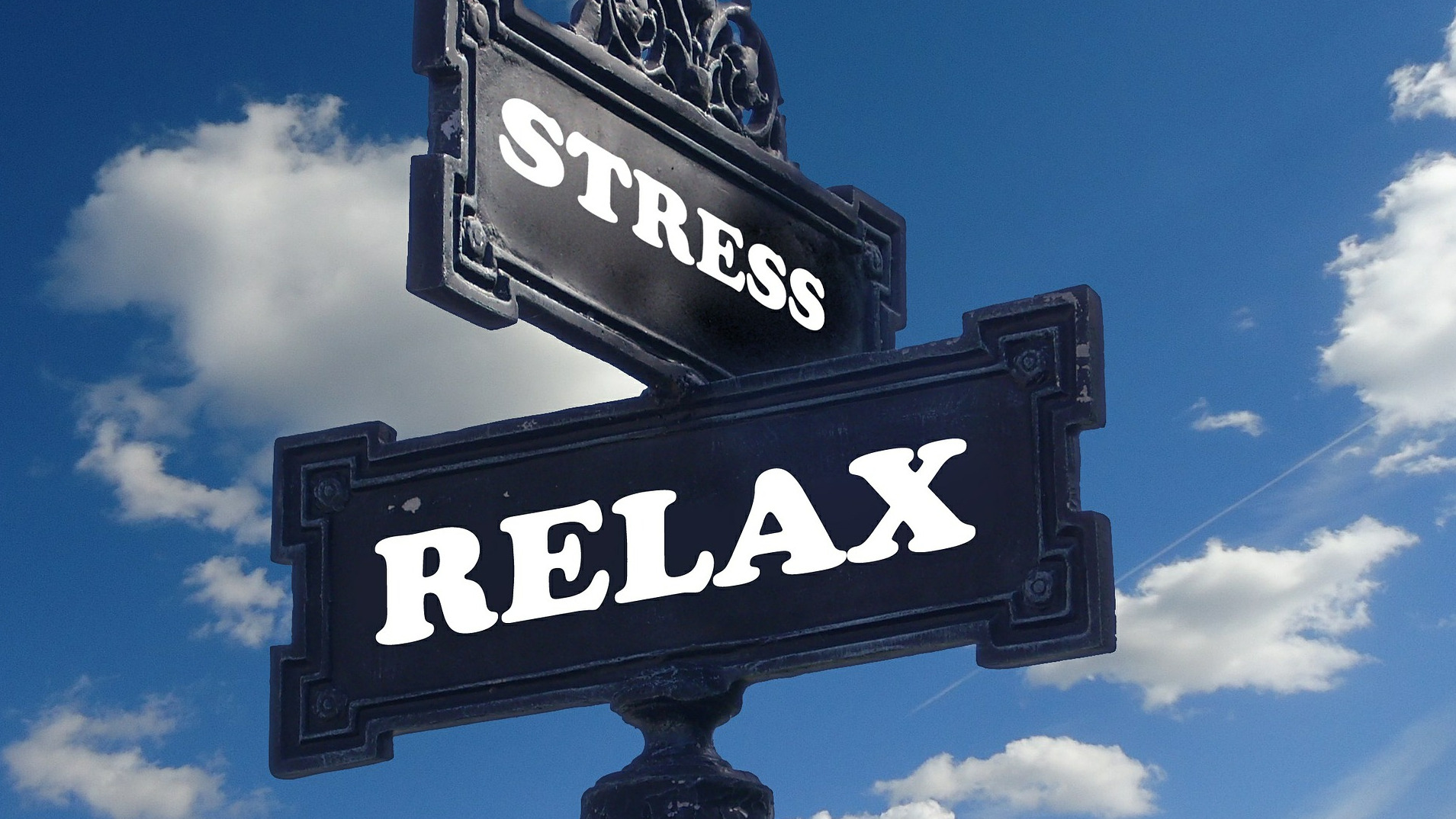Unlocking the Secrets of Aromatherapy
Aromatherapy, a practice dating back centuries, harnesses the power of essential oils for therapeutic benefits. This natural approach utilizes the aromatic essence of plants to influence our emotions and well-being. Let's delve into the science of how aromatherapy works and explore the various ways it can enhance our daily lives.
When you inhale essential oils, a fascinating journey begins within your body. The scent molecules travel through the olfactory nerves in your nose, making their way to the brain. This olfactory highway leads to the amygdala, the brain's emotional center. It's like a direct line to your mood and emotions.
Stress Reduction and Mood Elevation
While it's important to note that aromatherapy isn't a cure-all for illnesses, it shines in reducing stress and lifting mood. The impact of scent on the amygdala triggers a cascade of responses in the emotional and hormonal realms. This natural process provides a sense of calm and relaxation, making aromatherapy a valuable tool for maintaining emotional well-being.
The Nervous and Muscular Connection
Upon inhalation, essential oils don't just stop at the brain; they continue their journey into the nervous and muscular systems. Nerves in the nose activate regions of the brain associated with emotions and hormones, creating a holistic effect on the body. This dual pathway of absorption enhances the therapeutic benefits of aromatherapy.
The Power of Essential Oils: Beyond Aroma
Essential oils are more than just pleasant fragrances; they are potent chemical compounds with diverse effects on the body. Each essential oil boasts unique medicinal qualities, from antibacterial to anti-inflammatory and pain-relieving properties. Let's explore a few examples of essential oils and their specific benefits:
- Roman Chamomile: Known for its calming properties, it aids in anxiety relief.
- Jasmine: This delightful scent is not just for perfumes; it can also reduce stress and uplift mood.
- Lavender: Renowned for its versatility, lavender oil promotes relaxation and helps alleviate anxiety.
- Sandalwood: With its earthy aroma, sandalwood oil is celebrated for its grounding and stress-relieving effects.
Practical Application: How to Incorporate Aromatherapy Into Your Life
Let's explore practical ways to incorporate aromatherapy into our daily routines. Aromatherapy encompasses various therapies, each offering unique benefits:
1. Inhalation
- Diffusion: A simple and effective method, diffusion involves evaporating oils. Use candles, aromatherapy vaporizers, or a bowl of steaming water with a few drops of essential oil for a delightful aromatic experience.
- Direct Inhalation: Directly inhale essential oils for a more concentrated effect. This can be achieved by placing a towel over your head, inhaling from a bowl, or using a tissue with a few drops of oil. This method is beneficial for congestion and respiratory issues.
2. Topical Applications
Essential oils can be applied to the skin through various methods:
- Dilution and Massage: Mix essential oils with a carrier oil and massage into the skin for a soothing experience.
- Bath Soak: Add a few drops of your favorite essential oil to your bath for a luxurious and therapeutic soak.
- Sprays: Create an aromatic spray by diluting essential oils with water and misting it in your living space.
- Undiluted Application: In some cases, essential oils can be applied directly to the skin. However, ensuring the oil is safe for undiluted use is crucial.
Aromatherapy Cautions and Side Effects
When using aromatherapy to treat health conditions, following product instructions carefully is important. Essential oils are highly concentrated, and most must be diluted before applying to the skin.
Each essential oil has unique properties, so take care when trying a new one. Ensure you learn and understand the side effects of the oil you use. For instance, one of the most common side effects of citrus essential oils can be a sensitivity to sunlight. When you use these oils on your skin and go into the sun, they can cause what looks and feels like a nasty sunburn.
If you are taking any medications, it is important to check if any of the oils change the effectiveness of your medicine or otherwise react with it, just as you would check if any medications interact with each other. It is always best to consult with your physician before trying new remedies.
Essential oils may be harmful if you have certain medical conditions. If you have any of the following conditions, use caution and consult with your doctor before trying any aromatherapy remedies:
- Allergies and Hay Fever: Concentrated essential oils can potentially exacerbate allergies. Approach aromatherapy with care if you are prone to allergic reactions.
- Asthma: Individuals with asthma may find themselves more sensitive to the aroma of essential oils. It's advisable to proceed cautiously and monitor your response.
- Skin Conditions (Eczema or Psoriasis): If you have skin conditions like eczema or psoriasis, your skin may be more sensitive to essential oils. Dilution and patch testing are prudent steps before widespread use.
- Epilepsy: Aromatherapy could potentially trigger seizures in individuals with epilepsy. Prior consultation with a healthcare professional is crucial.
- Hypertension/High Blood Pressure: Essential oils can influence blood pressure, so individuals with hypertension or high blood pressure should seek medical guidance before incorporating aromatherapy into their routine.
- Deep Vein Thrombosis (DVT): Those with a history of deep vein thrombosis should exercise caution, as certain essential oils may affect blood circulation.
- Pregnancy and Breastfeeding: Special consideration is needed for pregnant or breastfeeding individuals. Some essential oils may have adverse effects, making it imperative to consult with a healthcare provider before embarking on aromatherapy remedies during this crucial period.
Aromatherapy Research Studies
For more information on scientific studies performed on essential oils, check out the references on this page: University of Minnesota: What Does the Research Say About Essential Oils?







